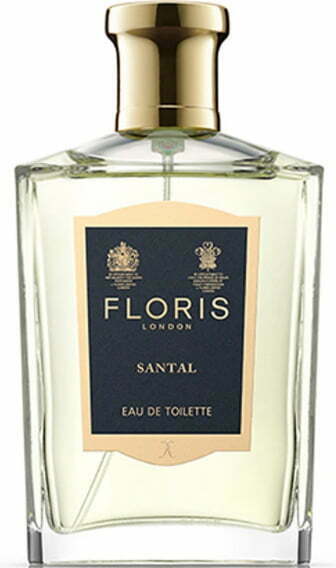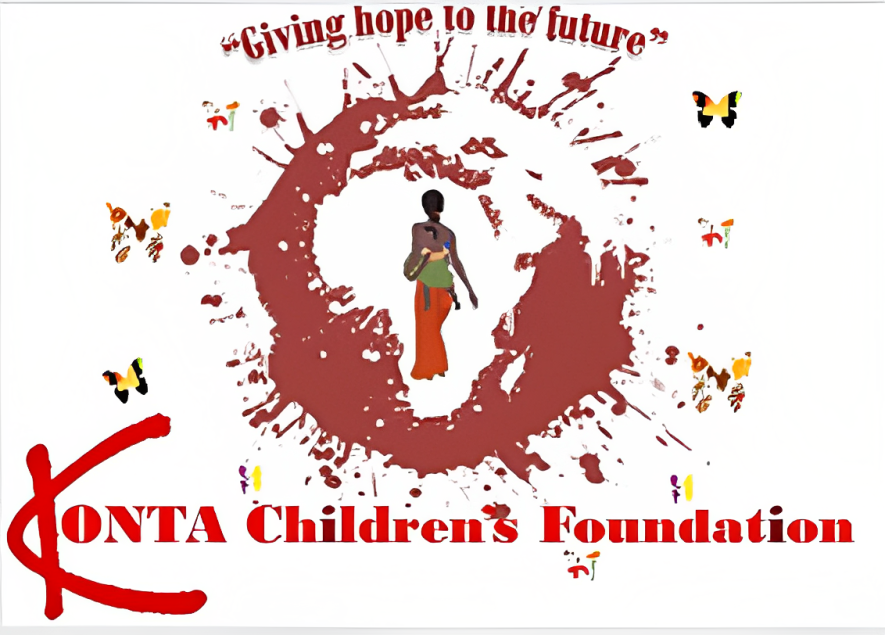Juanes

Juan Esteban Aristizábal Vásquez (born 9 August 1972), known professionally as Juanes, is a Colombian musician who was a member of the rock band Ekhymosis and is now a solo artist. Since releasing his solo debut album Fíjate Bien in 2000, Juanes has won 24 Latin Grammy Awards and sold more than 15 million albums worldwide.
Raised in Colombia, Juanes began playing piano at age two. When Juanes was 17, he started his first band, Ekhymosis, in 1988, which went on to release eight albums, achieving recognition in his native country of Colombia. The track “Dos” from the album Niño Gigante in 1992 was very popular. In 1997 after the band broke up, Juanes continued solo and in 2000 he released the album, Fíjate Bien, which earned him three Latin Grammys. His follow-up album, Un Día Normal, was released in 2002 and was later certified platinum throughout America. Juanes’ third album, Mi Sangre (2004), became an international bestseller, managing to position well in a number of countries around the world. It achieved success due to the single “La Camisa Negra”.
He has since released La Vida… Es Un Ratico (2007), P.A.R.C.E. (2010), Loco de Amor (2015), Mis planes son amarte (2017), Más Futuro Que Pasado (2019), Origen (2021), and Vida Cotidiana (2023).
Juanes has won, 24 Latin Grammy Awards and 3 Grammy Awards. He received the BMI President’s Award at the 2010 BMI Latin Awards. Juanes is also known for his humanitarian work, especially with aid for Colombian victims of anti-personnel mines through his NGO Fundacion Mi Sangre. In April 2013, Juanes released an autobiography titled Chasing The Sun in which he tells his story through narratives and pictures. He is one of the best-selling Spanish-language artists.
Juanes was born in Carolina del Príncipe, Antioquia, Colombia.[citation needed] When he was seven years old, his father and brothers began to teach him how to play guitar. His passion for the instrument led him to discover simple genres of music such as traditional sounds such as tango and Vallenato, as well as Russian folk music.
He grew up in Medellín during the height of drug kingpin Pablo Escobar’s reign, when the city had the highest homicide rate in the world. During his childhood, Juanes witnessed a civil war in which hundreds were killed. His cousin was killed by kidnappers, and gunmen also executed a close friend. To add further to Juanes’ grief and desperation, his father died from cancer. This period shaped Juanes’ social consciousness, saying “Colombia has suffered so much that the only way to go forward is to imagine a better country.”
As a teenager, Juanes was greatly influenced by rock and metal acts such as The Beatles and Metallica. He started the rock band Ekhymosis in 1988, and it released its debut album, Niño Gigante, that same year. The band released seven studio albums during its career and shared the stage with acts including Alejandro Sanz, Aterciopelados, and Ricky Martin; however in Juanes’ words, the band “couldn’t get out of Colombia” and remained “very local and confined to the Colombian market.” Juanes disbanded the group in 1998 so that he could pursue a solo career.
In 2000, Juanes released his solo debut Fíjate Bien (Take a Good Look), produced by Gustavo Santaolalla. The album fared well in Colombia, spending ten weeks at the number one position, but was unsuccessful in other countries. The album earned him three Latin Grammys for Best New Artist, Best Rock Solo Vocal Album, and Best Rock Song, and Juanes performed at the award show. Later that night, Juanes brought demos for over forty new songs to Santaolalla’s studio, ready to begin work on another album.
The follow-up, Un Día Normal (A Normal Day), also produced by Gustavo Santaolalla who signed him with his first solo album, was released in 2002 and was highly successful in America. The album was certified gold in Colombia during its first day of sales and was certified platinum and multi-platinum in countries including Colombia, Mexico, and Spain. The album spent 92 weeks in the top ten of Billboard’s Top Albums chart, setting a new record, and spent a total of two years on the chart. The album was released after the eligibility deadlines for the 2002 Latin Grammy Awards, but the advance airdate for the lead single, “A Dios le Pido” (“To God I Pray”), allowed it to be nominated for three awards and win Best Rock Song.
“A Dios le Pido” topped the singles charts of twelve countries and spent 47 consecutive weeks on the Billboard Hot Latin Tracks. The album also featured “Fotografía” (“Photograph”), a duet with Portuguese Canadian pop singer Nelly Furtado about the isolation between lovers. Juanes later worked with Furtado on a remix of “Powerless (Say What You Want)”, the lead single from her 2003 album Folklore, and on “Te busqué” (“I Looked for You”), a single from her 2006 album Loose. Juanes won the most awards at the 2003 Latin Grammy Awards, where he won each of the 5 awards for which he had been nominated, including Song of the Year, Record of the Year, and Album of the Year.
Mi Sangre (My Blood), was released in September 2004 and debuted at number one on the Billboard Top Latin Albums. The album produced three consecutive number one singles, which held the top chart position for a combined 6 months. The album’s third single, “La Camisa Negra” (“The Black Shirt”), was used in Italy in support of neo-fascism by relating it to the uniform used under the regime of Benito Mussolini. In response, left-wing media network Indymedia called for a boycott of the song. Juanes later stated that “‘La Camisa Negra’ has got nothing to do with fascism or Mussolini… People can interpret music in all kinds of ways I guess.”













